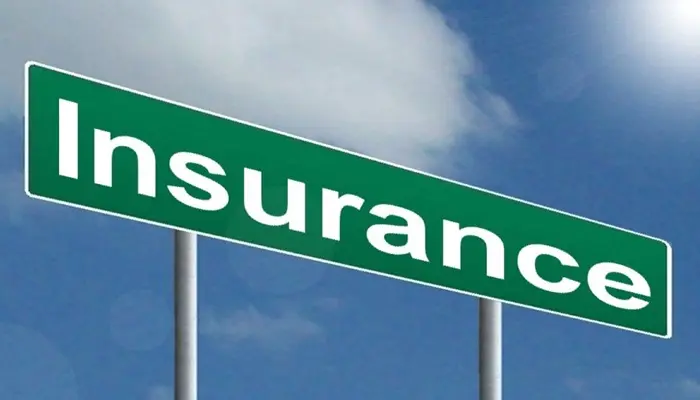Homeowners insurance is a critical component of the home-buying process. It protects your investment and provides financial security in case of damage or loss. Lenders require proof of insurance before finalizing a mortgage. Without it, your closing may be delayed or even canceled.
The timing of securing homeowners insurance is crucial. You must balance getting the best coverage with meeting lender deadlines. Procrastination can lead to higher premiums or limited options. Acting too early may mean locking in a policy before all details are finalized.
The Ideal Timeline for Purchasing Homeowners Insurance
Start Researching Early
Begin researching insurance options as soon as your offer is accepted. This gives you time to compare policies and premiums. Different insurers offer varying levels of coverage. Some may exclude certain risks based on location or property type.
Early research also allows you to identify potential issues. For example, homes in flood zones may require additional coverage. If you wait too long, you might face last-minute complications.
Finalize Your Policy at Least a Week Before Closing
Aim to secure your homeowners insurance at least one week before closing. This ensures all paperwork is processed and submitted to your lender. Delays in underwriting can happen. Having a buffer prevents last-minute stress.
Your lender will need proof of insurance, often called a binder, before closing. This document confirms coverage is in place. Some lenders require it 48 to 72 hours before closing. A week provides ample time for adjustments if needed.
Avoid Last-Minute Rush Decisions
Waiting until the day before closing is risky. Underwriters may need additional information. Some insurers take longer to issue binders. A rushed decision could mean accepting subpar coverage or higher costs.
If you encounter delays, communicate with your lender. They may grant a short extension. However, repeated delays could jeopardize your closing date.
Factors That Influence When to Buy Homeowners Insurance
Lender Requirements
Lenders have specific timelines for insurance documentation. Some require proof of insurance several days before closing. Others may allow it at the closing table. Confirm these details early to avoid surprises.
Property-Specific Considerations
Certain properties require additional inspections. Older homes may need a four-point inspection. This assesses the roof, electrical, plumbing, and HVAC systems. If issues are found, insurers may require repairs before issuing a policy.
Homes in high-risk areas, such as wildfire or hurricane zones, may need specialized coverage. These policies often take longer to secure. Starting early ensures you meet all requirements.
Seasonal and Market Conditions
Insurance demand fluctuates. After natural disasters, insurers may tighten underwriting. This can slow the approval process. Buying early helps avoid delays during peak seasons.
Steps to Secure Homeowners Insurance Before Closing
Gather Necessary Information
You will need details about the property. This includes the address, square footage, construction type, and age of the home. If available, provide a copy of the home inspection report.
Compare Multiple Quotes
Obtain quotes from at least three insurers. Compare coverage limits, deductibles, and exclusions. Cheaper policies may offer less protection. Ensure the policy meets both your needs and lender requirements.
Work with an Insurance Agent
An independent agent can simplify the process. They have access to multiple insurers and can explain policy differences. Agents also handle paperwork, reducing your workload.
Review the Policy Thoroughly
Before finalizing, read the policy carefully. Verify coverage limits and exclusions. Ensure the dwelling coverage matches the home’s replacement cost. Confirm liability and personal property limits meet your needs.
Provide Proof of Insurance to Your Lender
Once the policy is active, request a binder. Submit it to your lender as soon as possible. Keep a copy for your records.
Common Mistakes to Avoid
Waiting Too Long
Delaying insurance shopping increases stress. It may also limit your options. Some insurers take days to process applications.
Not Disclosing All Information
Withholding details can void your policy. Be honest about previous claims or property risks. Insurers will discover discrepancies during underwriting.
Choosing the Cheapest Policy
Low-cost policies may lack essential coverage. Ensure your policy protects against common risks in your area.
Forgetting to Update Coverage After Closing
Your insurance needs may change over time. Review your policy annually. Update it after major renovations or purchases.
Conclusion
Securing homeowners insurance is a vital step in the closing process. Start researching early to compare options and avoid delays. Aim to finalize your policy at least one week before closing. This ensures all paperwork is processed and submitted to your lender.
Consider property-specific risks and lender requirements when choosing a policy. Work with an insurance agent to navigate complex decisions. Avoid last-minute rushes that could compromise coverage or delay closing.
By planning ahead, you protect your investment and ensure a smooth closing process. Homeowners insurance provides peace of mind, knowing your home is safeguarded against unforeseen events. Take the time to choose the right policy, and you’ll enjoy the benefits for years to come.
Related Topics:





























